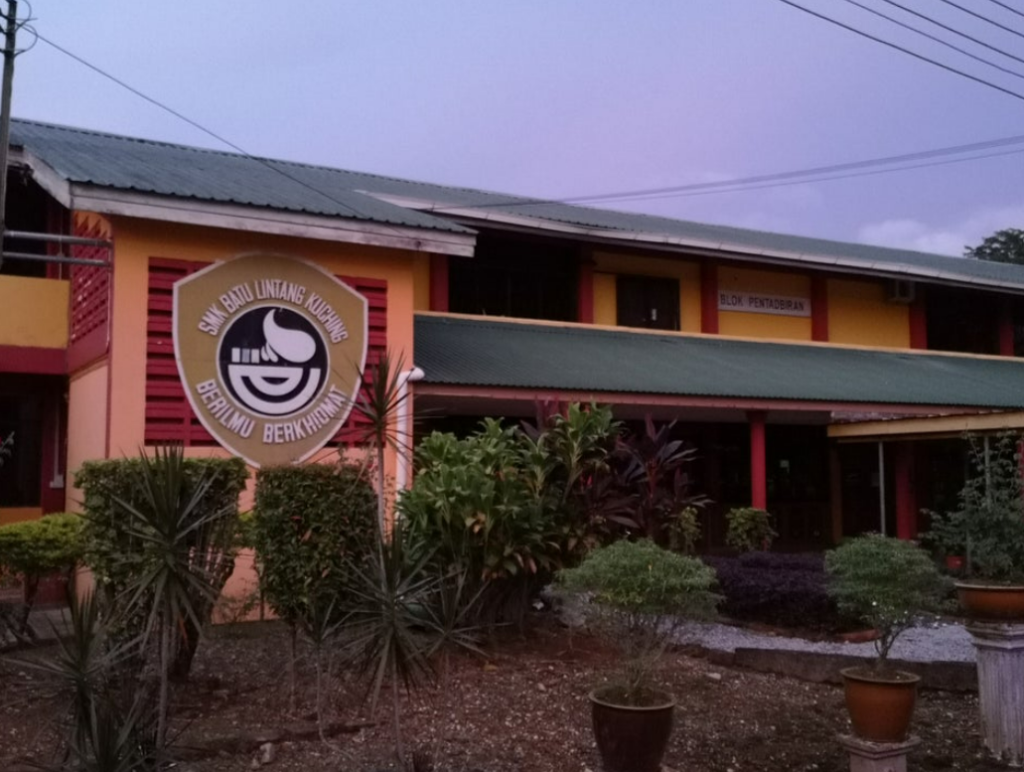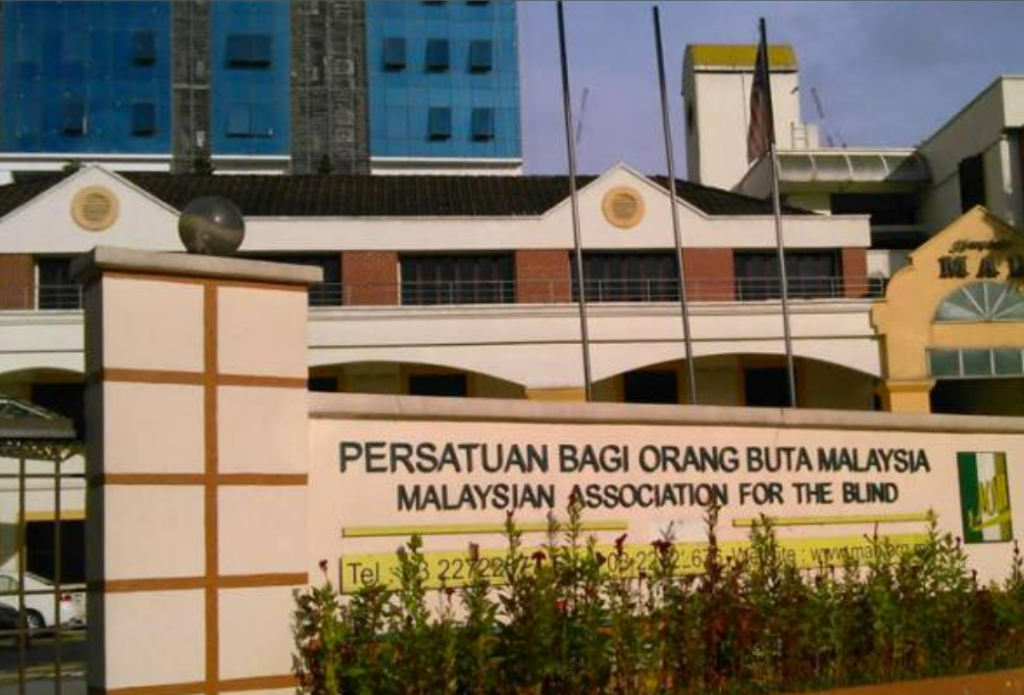By Ruth Yong Wang Theen
It’s hard to imagine what it is truly like to be blind all your life. Darkness surrounds you, and you cannot see anything. Without any prior experience of sight, it is difficult to understand what colours, beautiful landscapes, or even a house look like. Visually impaired individuals who once had sight can still picture those things in their minds.
Having been born blind due to premature birth, my disability has posed many challenges throughout my life, from isolation and lack of support to navigating daily tasks and having limited access to education or employment opportunities. There is also a sense of inferiority, as the blind are often looked down upon by others.
According to the Department of Social Welfare, there are 61,112 registered visually impaired individuals in Malaysia (The Star, 2024).
The New Straits Times has also reported that one in 10 children in Malaysia has an undiagnosed vision problem, which can lead to chronic headaches and learning difficulties. If untreated, these problems can result in permanent visual impairment and even blindness.
In this article, we will take a dive into the reality of life for a blind person growing up and living in Malaysia. We’ll explore the opportunities they have (or don’t have), challenges faced and current support.
Few but significant opportunities for education
There are special schools for blind children in Malaysia. One notable institution is the Princess Elizabeth School for the Blind in Johor Bahru. It is one of the earliest schools dedicated to visually impaired students and offers specialised education from preschool through secondary levels, including Braille literacy and vocational training.
Another school, SMK Pendidikan Khas Setapak in Kuala Lumpur, is part of the National Special Education Secondary Schools system. It provides tailored education for students with visual impairments, focusing on academic subjects as well as vocational skills such as Braille literacy and computer-assisted technologies.
Several mainstream schools in Malaysia offer inclusive education programmes where blind students are integrated into regular classrooms with the support of resource teachers and adaptive technologies. For example, SMK Sultan Ismail in Johor Bahru offers inclusive education with assistive tools and resource rooms for visually impaired students. Similarly, SMK Batu Lintang in Kuching, Sarawak, provides support to blind students through resource rooms and trained teachers, using Braille machines, screen readers, and tactile learning materials.

From mobility to employment, the challenge is real
While there are opportunities for the blind and visually impaired to receive a basic education, as a community, we still face numerous challenges. For one, we live in a society that heavily relies on vision. Some issues that we must navigate include:
- The lack of Braille facilities – For instance, ATMs once had Braille patterns on their keypads, but with the shift to touch-screen machines, simple banking needs such as withdrawing money has become more difficult.
- Mobility – public transport is not always accessible and tactile guides or maps are not always available. There is also still a stigma that blind individuals should remain at home, limiting social and professional opportunities.
- Education – Malaysian students with visual impairments at times lack proper learning materials, such as access to Braille books, which arrive late in the semester. This impacts their academic performance. From my own experience in university, many materials were available only as scanned PDFs, which screen readers couldn’t interpret. I had to convert them to Word documents manually, a time-consuming process that left me behind in my studies.
- Employment – Despite being educated and possessing the necessary skills, many blind individuals struggle to find jobs. Many are left to make a living by selling tissues at eateries, unable to secure more stable employment.
Where can I go to get support?
The Malaysian government provides substantial support to key organisations that assist the blind, such as the Malaysian Association for the Blind (MAB), National Council for the Blind, Malaysia (NCBM) and Malaysian Foundation for the Blind (MFB).
MAB receives government funding and technical support for projects related to accessibility and adaptive technology. NCBM works closely with the government to develop policies and new programs and receives financial assistance to produce Braille materials like the magazine “The NCBM Outreach.” MFB, a non-profit organisation, relies on public donations and corporate support to run ICT and adaptive technology classes.

As the Church, we can empower the blind
The Church can play a crucial role in empowering the blind community by offering spiritual guidance, emotional support, and practical assistance. Churches can make worship materials available in Braille, provide audio versions of sermons, and offer transportation services for blind individuals who need assistance getting to church. Moreover, churches can create a welcoming environment where the blind feel included and valued as active members of the congregation.
Here are three areas we can pray for the blind:
1. Pray for the recovery of sight for the blind, trusting that God still performs miracles today.
2. Pray for more people to reach out to the blind community, providing social support and meeting their needs.
3. Pray for better access to education, employment, and technology, so the blind may have equal opportunities to lead fulfilling lives.
Jesus sees and loves us
In conclusion, Matthew 9 offers an encouragement to the blind community: As Jesus went on from there, two blind men followed him, calling out, ‘Have mercy on us, Son of David!’ When he had gone indoors, the blind men came to him, and he asked them, ‘Do you believe that I am able to do this?’ ‘Yes, Lord,’ they replied. Then he touched their eyes and said, ‘According to your faith will it be done to you’; and their sight was restored. (Matthew 9:27-30, NIV)
My prayer is that Malaysian society will grow in awareness, become more sensitive to the needs of the blind and take steps to improve their quality of life.
